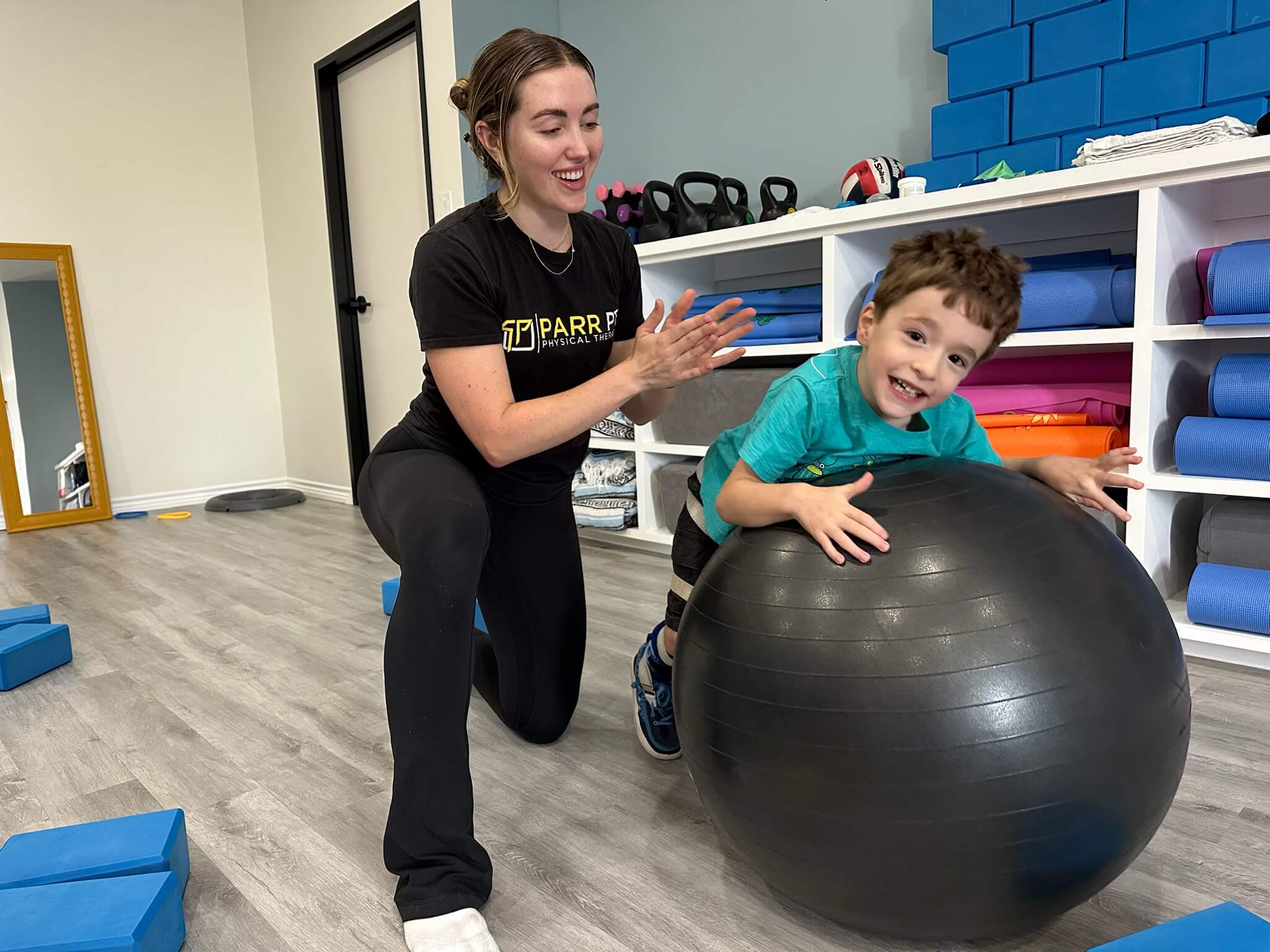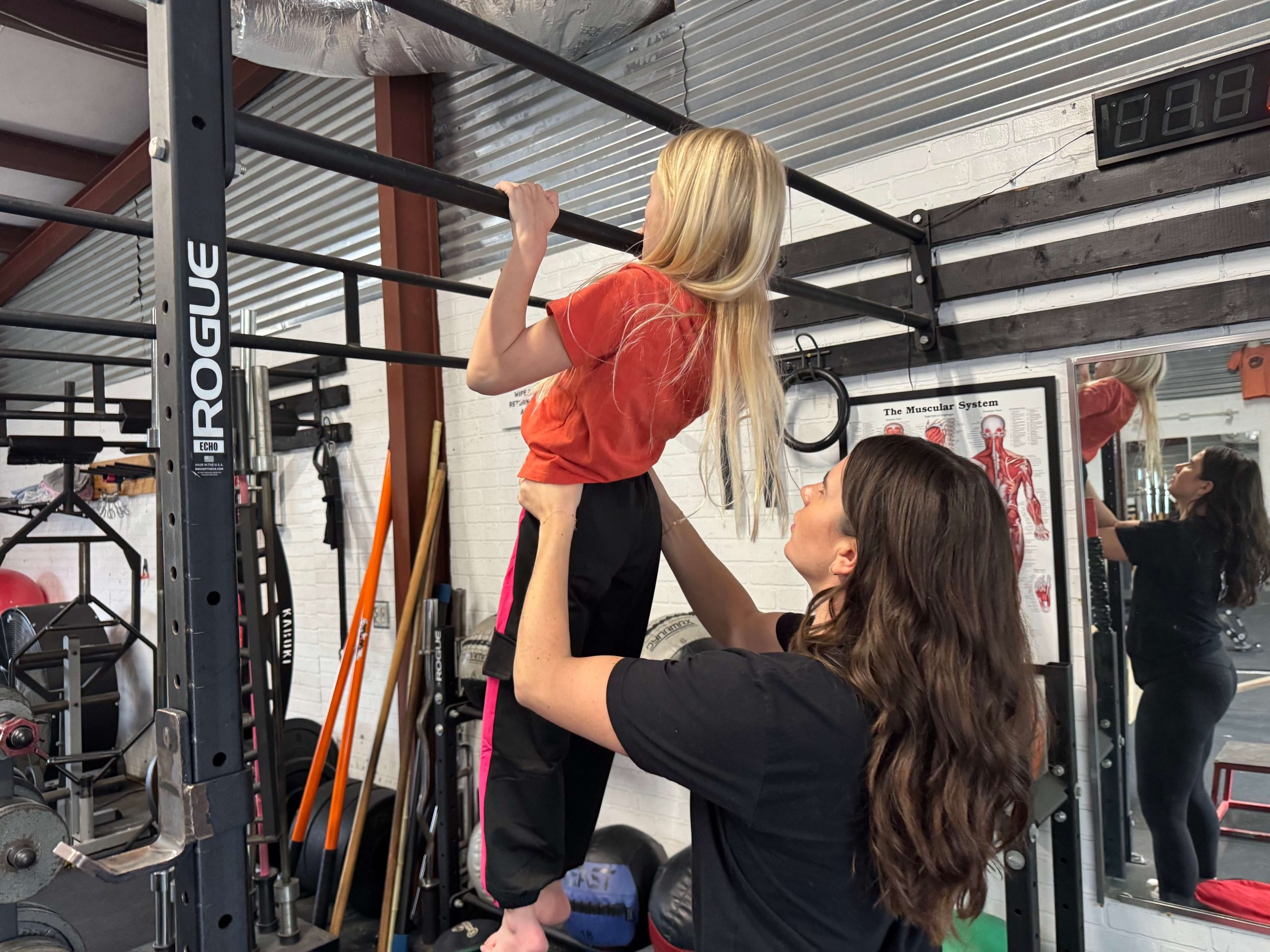Pediatric Physical Therapy
Our Approach to Pediatric PT

Children with neurological disorders need more than standard care, they need creativity, patience, and expertise. We work with children and their families to help them achieve key developmental milestones, improve movement patterns, and grow stronger through play-based, interactive therapy sessions. An essential part of our neurological physical therapy program is comprehensive caregiver training. We believe that progress continues long after the therapy session ends, especially when caregivers are equipped to reinforce and support it at home.
For pediatric patients, we take extra care in teaching parents and family members how to safely transfer their children, assist with daily mobility tasks, and even perform basic physical therapy exercises under guidance. Our goal is to empower families to be active participants in the rehabilitation process, safely and confidently.
Our caregiver training includes:
- Proper body mechanics for safe transfers
- Hands-on instruction in positioning and mobility support
- Demonstrations of key therapeutic exercises
- Strategies for encouraging progress through play and daily routines
- Creating a safe and accessible home environment
By involving caregivers in therapy, we ensure that the skills practiced in the clinic are consistently reinforced at home—leading to better outcomes and greater long-term independence for the child and the entire family.
 Virtual Personalized Pediatric Programs Designed by a Certified Brain Injury Specialist
Virtual Personalized Pediatric Programs Designed by a Certified Brain Injury Specialist
Every patient at PARR PT is assessed by a Pediatric Specialist who develops a personalized treatment plan based on functional goals, neurological status, and lifestyle needs. These programs may include:
One-on-one sessions in our fully equipped, functional therapy gym
Caregiver training for guided support in the home
Remote or virtual sessions for accessibility and convenience
Custom video-based home exercise programs tailored to your recovery stage
We prioritize education and empowerment—not just for the patient, but for the entire family. Each caregiver is trained alongside the patient to ensure that therapy continues safely and effectively beyond the clinic. This ensures continuity, reduces caregiver stress, and creates a collaborative recovery environment that extends into everyday life.


 Virtual Personalized Pediatric Programs Designed by a Certified Brain Injury Specialist
Virtual Personalized Pediatric Programs Designed by a Certified Brain Injury Specialist